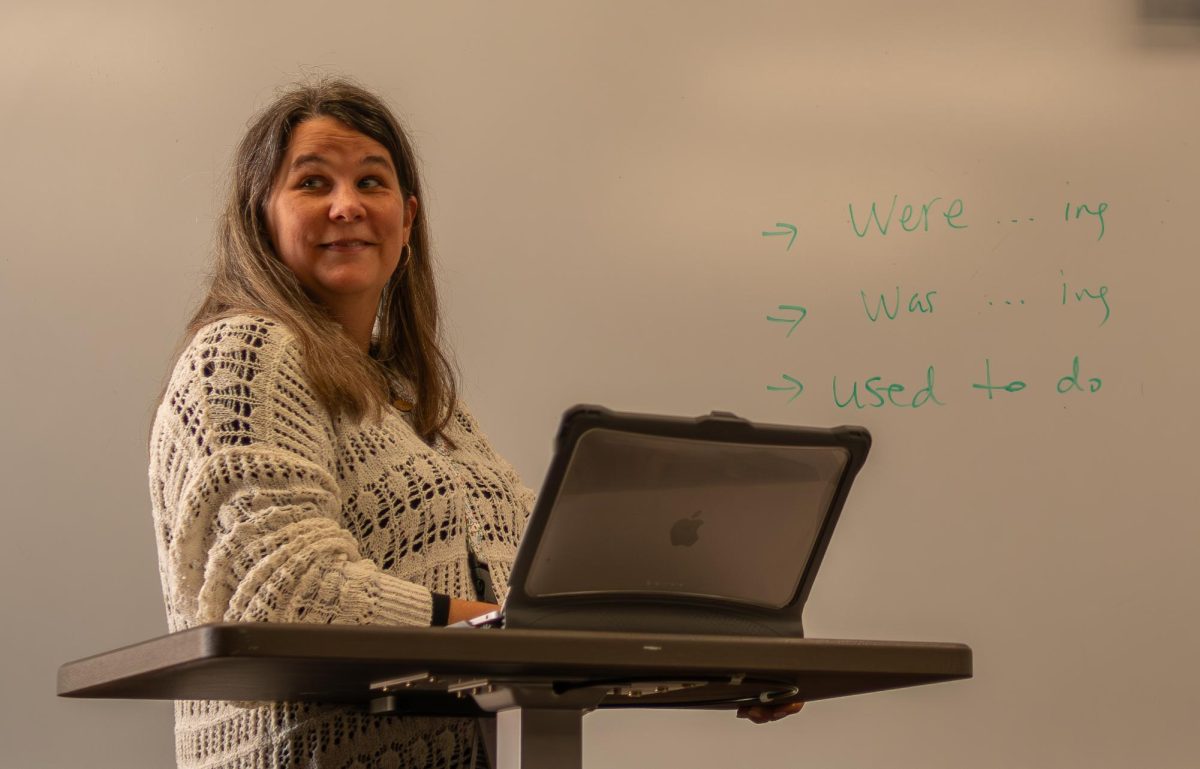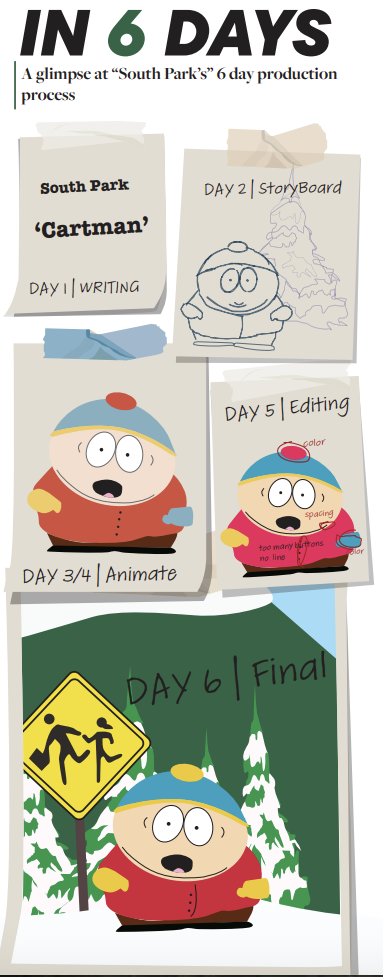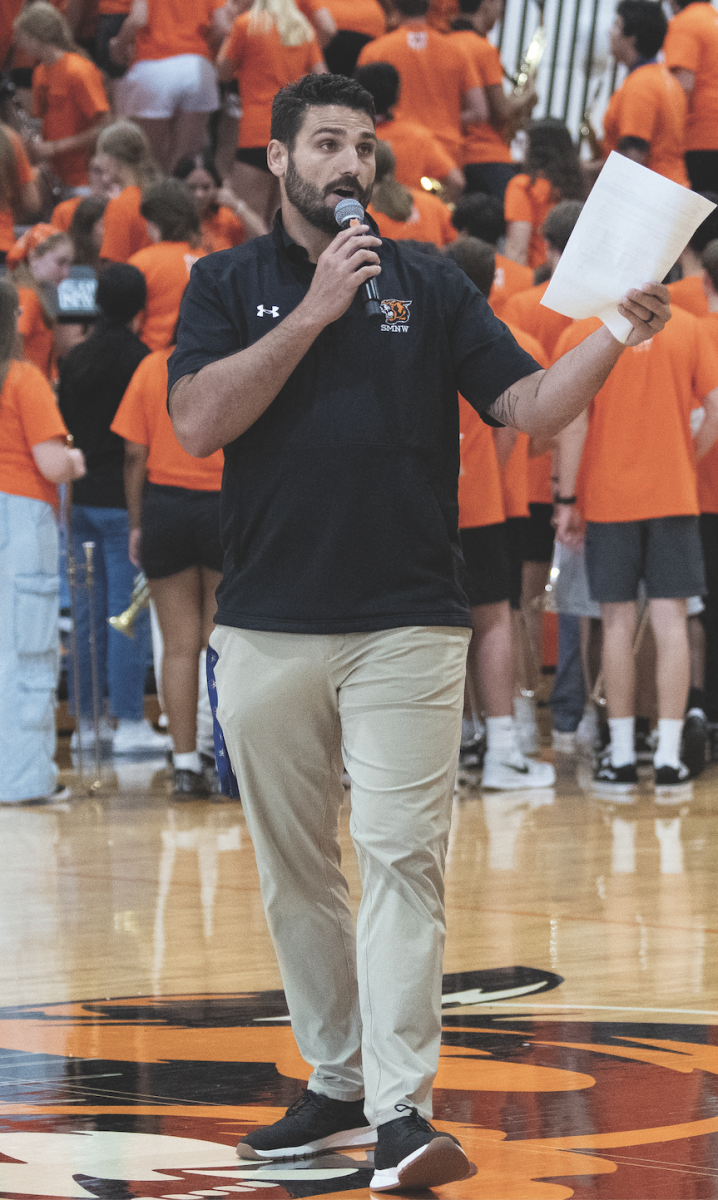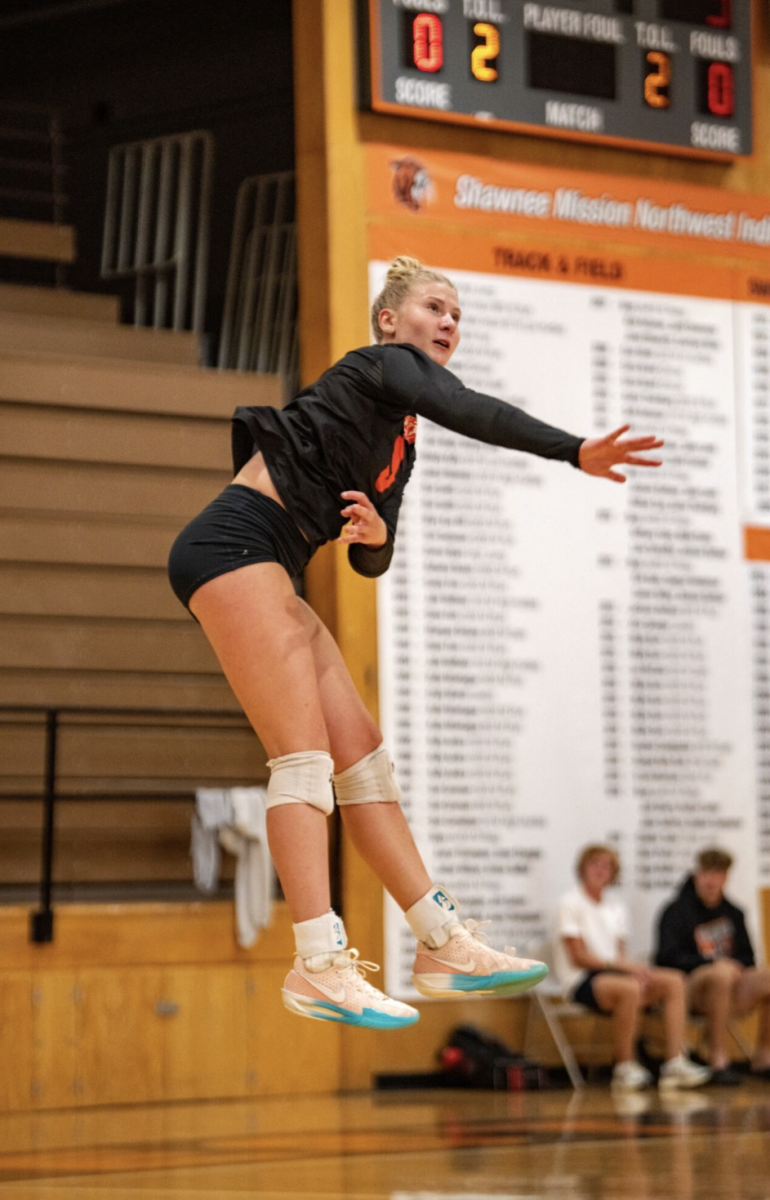Although we personally don’t enjoy block days, through research we’ve come to understand the benefits of block scheduling.

I am sitting in math class, tapping my pencil on the table, looking at the clock and feeling the moments tick slower and slower. It feels like this class is never going to end. I look around the room and people are falling asleep — their heads are on the desk. My teacher is going over the same lesson again… and again… and I feel so unfocused.
My classmates are already complaining about going to their next classes.
“I like to get through the day fast,” freshman Leondra Reed said. “I fall asleep in my third hour .“
Block days are too long. I just can’t sit there for 90 minutes and focus on the teacher’s words.
But as we prepared to write this column and explain why we don’t like the longer class periods on Wednesdays and Thursdays, we interviewed students and teachers. While doing that, we discovered that there are some really good things about the partial block schedule Northwest adopted two years ago.
Block scheduling is beneficial because of the additional time allowed for receiving help. When I learn something new and I don’t understand it right away, I have more time to ask the teacher questions and to understand it as best I can. And teachers see that advantage, too.
“I’m a science teacher so, when we have block days, my students get to do the labs and understand it all the way,” biology teacher Debra Brewer said.
“It’s more of a convenience for kids who may have doctor appointments in the morning,” Spanish teacher Evelyn Thompson said, “because they may have only missed one class and have to check with that one teacher.”
When students miss class, they can use seminar to check with that teacher and get missing work, and even complete it.
Because classes are longer, rarely do I have to take work home on Wednesdays and Thursdays. It’s not that teachers are assigning less, it’s that we have time complete our homework in the hour and an half long classes on Wednesdays and Thursdays.
Block scheduling was first introduced at Northwest in the early ‘70s, but as educational theory changed, block scheduling disappeared. Two years ago, it was revived as administrators and teachers tried to reduce the impact of the International Baccalaureate program on electives, according to associate principal Tom Moss.
“We have been using the block schedule for two years now,” Moss said. “One of the biggest reasons we have seminar is because the IB class, Theory of Knowledge, takes place during seminar.”
“It’s not a full day of school,” Thompson said. “ and goes by faster. It gives more time for teachers to teach their lessons, gives them more flexibility. This also makes students make good choices and to be successful.”
We didn’t think that block days were all that great at the beginning of the year, but we have realized that we need that extra time not only to finish our homework, but to understand it better. Now we take advantage of every block day.
-Pricila Avila and Damon Colum





















